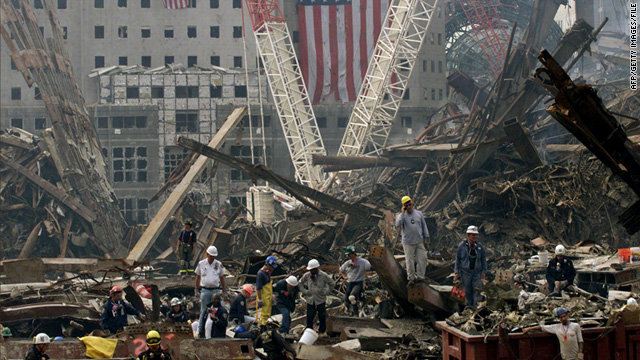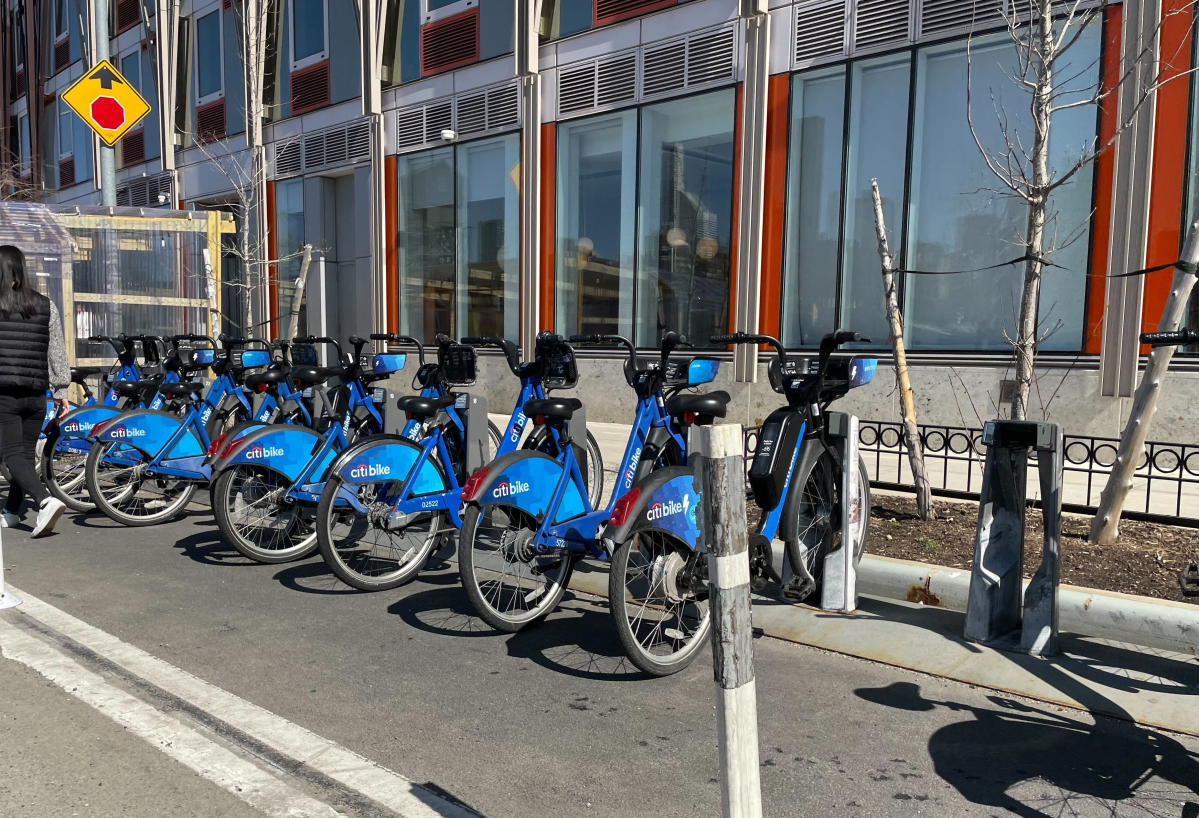By early June, Dr. John Howard, the administrator of the World Trade Center Health Program portion of the James Zadroga 9/11 Health and Compensation Act, will rule on whether to add cancer to the list of illnesses covered under the bill. Almost a year ago, Howard concluded that cancer should not be covered, citing a lack of scientific evidence validating a link between the illness and the attacks.
Since then, new and accumulating evidence has surfaced that we believe clearly illustrates this correlation, and it appears that the government-appointed Scientific Technical Advisory Committee will formally issue a recommendation that cancer should be added to the law.
We believe these new developments to be enough to convince Howard to reverse his original decision. We commend STAC for taking into account scientific gaps in evidence, primarily tied to the lack of exposure data from the days after the attacks. The committee consisted of medical professionals, as well as Lower Manhattan residents that have seen first-hand as friends and co-workers have contracted cancer, and in some cases died, over the 10 years since 9/11.
We applaud Congressmembers Jerrold Nadler, Carolyn Maloney and Peter King, who sponsored the bill in the House of Representatives. We also applaud the delegates and advocates who have fought to have cancer added to the bill from the beginning.
Certain medical studies that informed STAC’s decision must be noted. Perhaps the most telling study concerning the issue was published in The Lancet, a prestigious medical journal, in September 2011. The study showed that New York City Fire Department workers who spent time at Ground Zero following the attacks are 19 percent more likely to develop cancer than those who did not.
Equally alarming is a forthcoming Mt. Sinai Medical Center study that detected a roughly 14 percent higher-than-normal cancer rate among the 20,000 Sept. 11 recovery worker patients than among the general population.
In addition, research conducted by the Patrolmen’s Benevolent Association, the largest union representing New York Police Department officers, recently revealed that 297 first-responder officers have been diagnosed with cancer since 9/11, their average age being 44. According to the union, 56 of the surveyed first responders have since died. It is noteworthy to point out — though it is not directly comparable — that the national average age of people diagnosed with cancer is 66, according to the American Cancer Society.
We implore Howard to add cancer, or at least certain cancers, to the list, and to begin the process of dispensing funds as soon as possible to the W.T.C. Centers of Excellence. By doing so, he will ensure the first responders who placed their lives on the line to help in the recovery effort and the residents that chose to stay and rebuild rather than relocate can get the medical help they desperately need and deserve.
We also call on Mayor Bloomberg and the N.Y.P.D. to release the medical information concerning officers afflicted with cancer as quickly as possible. This is invaluable data that researchers at Mt. Sinai and throughout the nation could use to further analyze the relationship between Ground Zero exposure, cancer and other illnesses, which in turn could convince Howard to make other additions to the bill.
We are aware of the complexities behind establishing causality in cancer cases, due to, among many other things, the latency period associated with the illness.
But what is clear is that we have a moral responsibility to help heal our cancer-stricken heroes who gave and risked their own lives responding to the 9/11 attack, as well as participating in the recovery efforts amid the highly toxic environment of The Pile for months afterward.




































